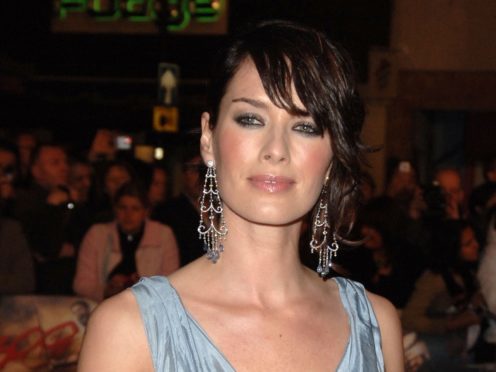Game of Thrones actress Lena Headey has lent her voice to a new campaign in the battle to defeat dementia.
Known for the murderous matriarch Cersei Lannister in the award-winning series, Headey has done a voice over for an advert by the charity Alzheimer’s Research UK.
The film features a baby seemingly lost at sea and locked in a struggle to survive in the darkened waters.
Headey can be heard saying: “We come into this world with one instinct – survive – and it never leaves us, whatever the challenge.
“No one has survived Alzheimer’s. But it is a disease, and that means it can be cured. We will find a way.”
The new film Make Breakthroughs Possible, was due to air in a special break during Emmerdale on Wednesday.
It marks the start of a campaign to raise £250 million for dementia research by 2025.
Last year dementia became the leading cause of death in the UK.
The new video seeks to show the British public that the disease is not inevitable, but that it is fatal.
Alzheimer’s Research UK show that 22% adults in the UK believe that dementia is an inevitable part of getting older and only 51% believe it to be a cause of death.
The stark new advert is an effort to make clear the dangers of the disease.
Hilary Evans, chief executive of Alzheimer’s Research UK, said: “We know that while awareness of dementia as a serious condition is increasing, more still needs to be done to help people understand the diseases that drive it and the potential of research to overcome them.
“Our thought-provoking film represents the innate human instinct that compels us to survive and to help others survive.”
